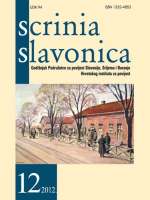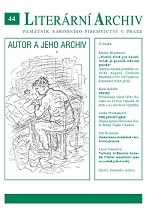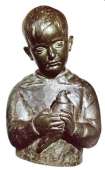
The Croatian Peasant Party and its urban voters: the example of Vinkovci during the parliamentary elections in 1938
Hrvatska seljačka stranka i njeni gradski birači: primjer Vinkovaca na skupštinskim izborima 1938.
Keywords: Parliamentary elections; state repression; the Croatian Peasant Party; electorates
This paper analyses the conditions under which the parliamentary elections in Croatia were held in 1938, the strategy of the primary election campaign of the Croatian Peasant Party (leading the list of the Allied opposition) and the successful enlargement of its election base to cover not only peasants but also urban voters.The Croatian Peasant Party enjoyed the massive support of the peasants during the interwar period while in the cities it was much more difficult to gain followers. The situation defi nitely changed, after the end of the dictatorship, when the Croatian Peasant Party brought together not only a great number of national but also supranational concentrations of oppositional parties (United opposition). Its national and social program became more and more attractive even to urban voters, as shown by the last parliamentary elections in 1938. To explore the structure of urban voters of the Croatian Peasant Party, factors that directly influenced it were first analyzed. These factors were the level of state repression and the methods by which the Croatian Peasant Party tried to forestall it. Although Stojadinović preserved the Croatian regions from the main brunt of the governmental (pre)election reign of terror the elections turned out to be far from free. The CPP (at the head of the electoral list of the allied opposition), could not hold its own against the signifi cant financial means and possibilities used by the government list during the campaign and at the same time it was not able to act as a party until the official proclamation of the elections. Afterwards its meetings were controlled, the newspapers censored. The party responded to that with the tried and tested methods of small meetings and word-of-mouth communication. In order completely to mobilize the voters and gain “plebiscitary support” (needed for it to be able to demand constitutional amendments), the party issued directives on behaviour during the electoral process. Apart from the mobilization matter, the directives suggested how to oppose any form of provocation that would query the electoral legitimacy and how to oppose any attempt to falsify electoral results. The second issue to which the CPP paid particular attention was to gain the support of state employees. The government considered them as being obligated (actually illegally) to support its list. Maček addressed the officials several times directly, in order to encourage them, and finally brought an action against Stojadinović due to threats made to any officials who dared to vote for the opposition. The election results showed, in spite of all the pressures, that a great number of civil servants decided on the opposition. The example of Vinkovci was helpful for the examination of the CPP’s membership and constituency.
More...

